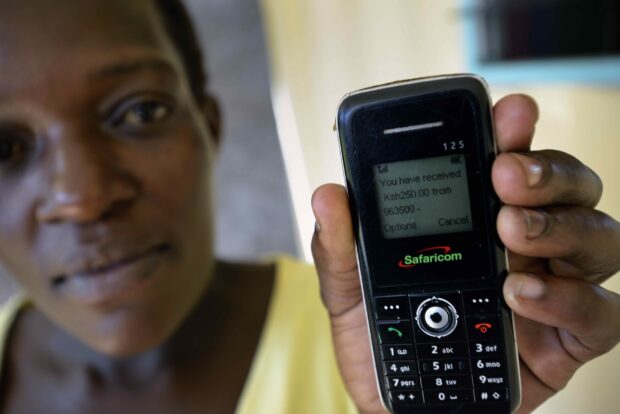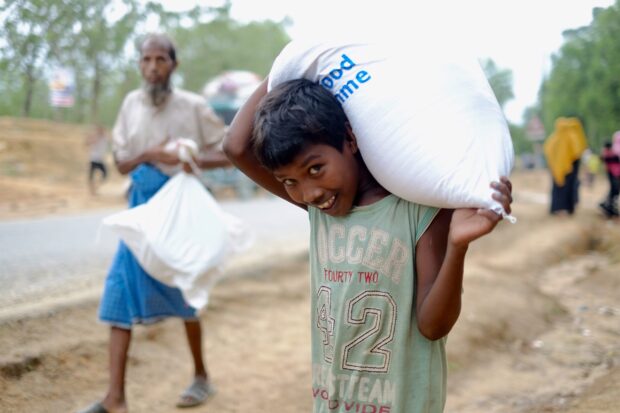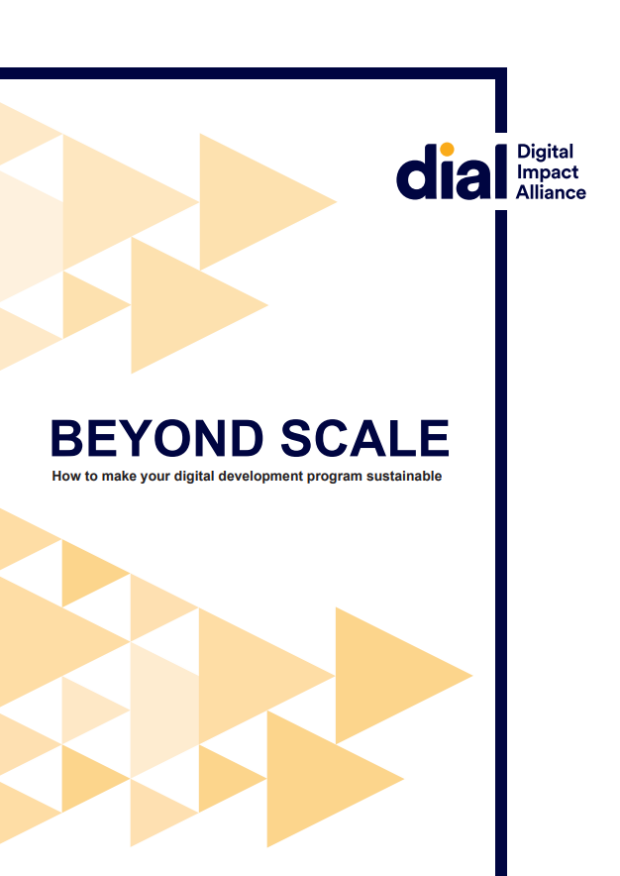The COVID-19 pandemic has magnified our reliance on digital tools to study, work, live, and govern. Now more than ever, governments see the urgency of digital transformation.
The pandemic has also highlighted digital technology’s perils as we grapple with questions of citizen safeguards and digital justice, and it has exacerbated the chasm between the digital “haves” and “have nots.” It has shown us that the most resilient countries may not be those with the highest GDP per capita or the most ventilators, but rather those that have learned the lessons from prior pandemics, moving quickly to use their digital and data tools to understand and act on the problem and reach their population with critical information and services.
Digital transformation efforts and responsible data use policies have become global priorities. Despite the growing recognition that digital tools are critical and the high-level commitment to digital cooperation,v global development actors (GDAs) still lack shared agreement on what to invest in and how best to align efforts. Without a shared, evidence- based view analyzing which pathways accelerate digital transformation, we are unlikely to effectively align multilateral efforts to achieve the Sustainable Development Goals (SDGs). Today, the pursuit of digital transformation efforts is hindered by:
- Nascent understanding of, but a lack of evidence about, which factors drive effective national digital transformation and responsible data use and which matter most and in what order.
- Policies and regulations that don’t clearly set the standards and guardrails to stimulate ethical innovation, implementation, and scale of digital solutions for the public sector.
- Limited and siloed resources that incent actors to work alone within their sectors and reinvent instead of reusing existing digital products.
The Digital Impact Alliance Strategic Plan, “Digital Beacons: Working together to accelerate national digital transformations and responsible data use so that we can reach everyone, everywhere,” commits our resources to work with GDAs to resolve these obstacles.




